New Statewide COVID-19 Tenant and Landlord Protection Legislation on August 31, 2020

On August 31, 2020, Governor Gavin Newsom and the California legislature enacted the Tenant, Homeowner, and Small Landlord Relief and Stabilization Act of 2020. This legislation has been touted to protect millions of tenants from eviction and property owners from foreclosure due to the economic impacts of COVID-19. It is important to note that these protections apply to those tenants who declare an inability to pay all or part of their rent due to a COVID-related reason; however, landlords can immediately pursue any case that does not involve a tenant who has been unable to pay because of a financial hardship related to the pandemic.
Under the legislation, no residential tenant who provides a declaration of hardship under penalty of perjury can be evicted before February 1, 2021, as a result of rent owed due to a COVID-19 related hardship accrued between March 4, 2020, through August 31, 2020. Further, no residential tenant can be evicted for a COVID-19 related hardship that accrues between September 1, 2020, through January 31, 2021, if the tenant returns a declaration of hardship under penalty of perjury and pays at least 25% of the rent due. All higher income tenants who make more than 130% of the median income in their area, if it is above $100,000, must provide documentation to support their declaration upon a landlord’s request.
Tenants are still responsible for paying all unpaid amounts to landlords for any unpaid rent due between March 4, 2020, through January 31, 2021, which landlords may begin to recover this debt in Small Claims court on March 1, 2021. The jurisdiction for small claims court has been temporarily expanded to allow landlords to recover those amounts and will sunset on February 1, 2025. Landlords who do not follow the court eviction process, i.e. locking the tenant out, throwing property out onto the curb, shutting off utilities, etc., will receive increased penalties under the Act.
The legislation further provides additional legal and financial protections for tenants as follows:
1. Extends notice period for nonpayment of rent from 3 to 15 days for tenants to respond to landlord’s notice to pay rent or quit;
2. Requires landlords to provide hardship declaration forms in a different language if rental agreement was negotiated in a different language;
3. Provides tenants a backstop if they have a good reason for failing to return hardship declaration within 15 days;
4. Requires landlords to provide tenants a notice detailing their rights under the Act;
5. Limits public disclosure of eviction cases involving nonpayment of rent between March 4, 2020, through January 31, 2021; and
6. Protects tenants against being evicted for “just cause” if the landlord is shown to be evicting the tenant for COVID-19 related nonpayment of rent.
The legislation also extends anti-foreclosure protections in the Homeowner Bill of Rights to small landlords with 1 to 4 non-owner occupied units, provides new accountability and transparency provisions to protect small landlord borrowers who request CARES-compliant forbearance, and provides the borrower who is harmed by a material violation with a cause of action. Lastly, the existing local ordinances can generally remain in place until they expire, and future local action cannot undermine this Act’s framework.
The knowledgeable attorneys at Dias Law Firm, Inc. are here to help with your eviction or foreclosure issues. Contact us today for a consultation.
By: Jonette M. Montgomery, Esq.

For the general public: This Blog/Web Site is made available by the law firm publisher, Dias Law Firm, Inc., for educational purposes. It provides general information and a general understanding of the law, but does not provide specific legal advice. By using this site, commenting on posts, or sending inquiries through the site or contact email, you confirm that there is no attorney-client relationship between you and the Blog/Web Site publisher. The Blog/Web Site should not be used as a substitute for competent legal advice from a licensed attorney in your jurisdiction.
For attorneys: This Blog/Web Site is informational in nature and is not a substitute for legal research or a consultation on specific matters pertaining to your clients. Due to the dynamic nature of legal doctrines, what might be accurate one day may be inaccurate the next. As such, the contents of this blog must not be relied upon as a basis for arguments to a court or for your advice to clients without, again, further research or a consultation with our professionals.
Illustration 184938555 © Tang90246 - Dreamstime.com

